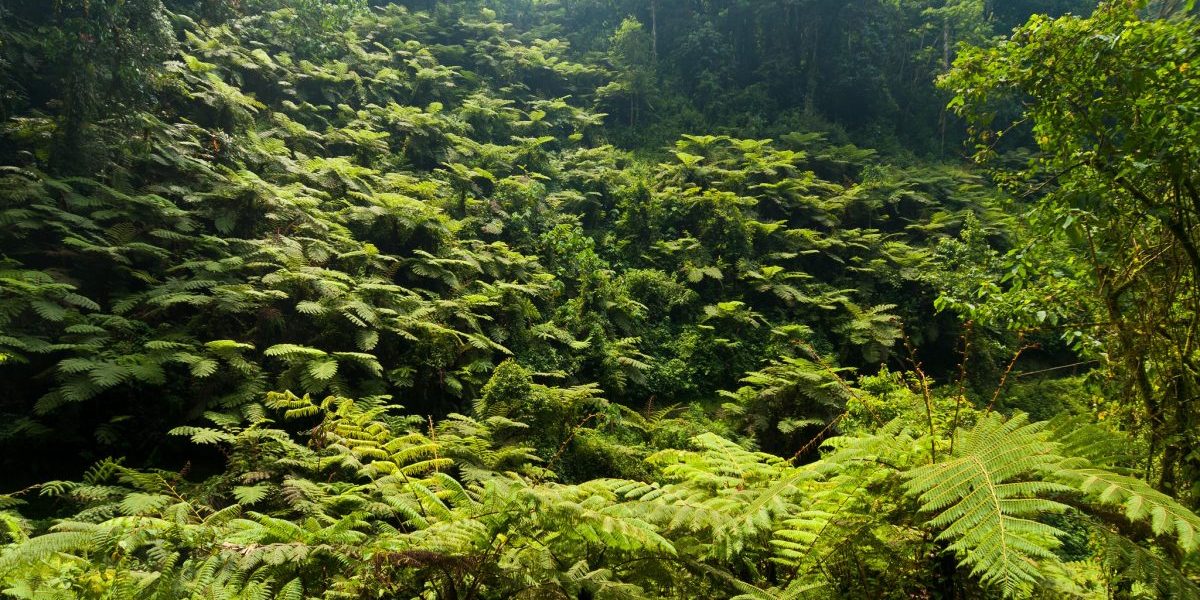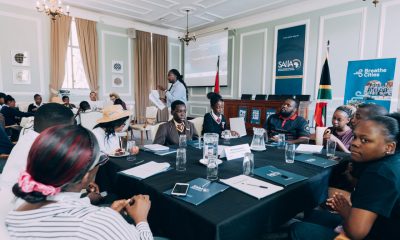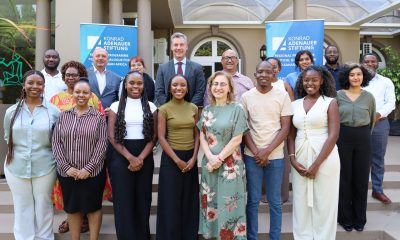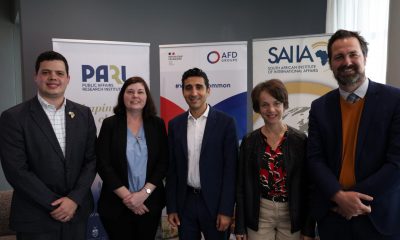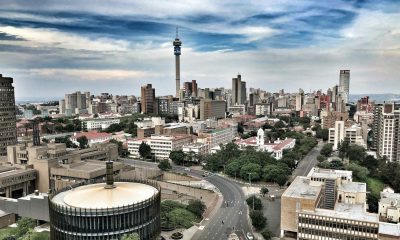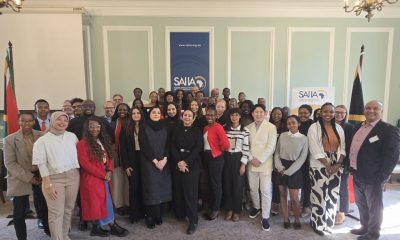As part of the 75th Anniversary Programme, the project was run with the financial assistance of the First Rand Foundation.
Each school drew a country closely involved in environmental issues and five learners from the school were required to write an essay looking at what their chosen country was doing that was innovative in addressing issues of water, land or climate change. The second part of the assignment assessed which best practice models from that country could be used in the South African context. Learners were encouraged to interact with SAIIA’s diplomatic members to gain further insight into the subject matter.
In keeping with SAIIA’s prioritisation of youth development, this project aims to empower learners to investigate and critically apply themselves to challenging social issues that will have an impact in their lifetime. It also aims to develop the skills of future researchers as learners work both individually and as part of a group to gather information through the media, the internet and interviews. It is hoped that with adequate funding this important project can be expanded to other provinces in the country in the near future.
Six schools have been chosen to present their findings at the final round on 7th March. They are: Bishop Bavin representing Argentina, Hoërskool Linden representing Brazil, Willowmoore High School representing Canada, St Andrews High School representing Denmark, Roedean School representing France and Parktown High School for Girls representing Spain.
The panel of judges will include Dr Imraan Patel from the International Cooperation and Resources Directorate of the National Department of Science and Technology, Professor Mary Scholes of the University of the Witwatersrand and SAIIA’s own Tsidiso Disenyana.

